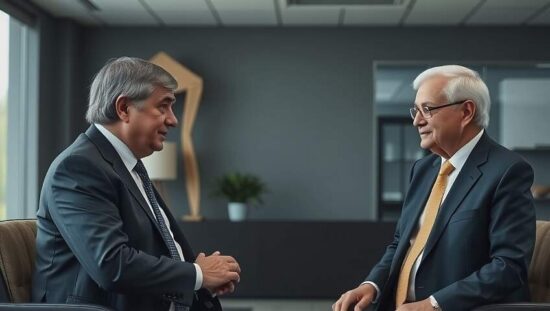The German Chancellor Friedrich Merz of the CDU underscored the escalating security concerns stemming from the ongoing conflict in Ukraine during a meeting with Estonian Prime Minister Kaja Kallas in Berlin on Thursday. Describing the discussions as requiring “considerable time” Merz highlighted Estonia’s direct exposure to the repercussions of the war, citing examples of disinformation campaigns, suspected sabotage and drone incursions – tactics he asserted are increasingly prevalent in Germany as part of a broader hybrid warfare strategy.
The meeting served to reaffirm Germany’s commitment to bolstering the NATO eastern flank, with Merz assuring Kallas that the Baltic states could rely on German solidarity, extending to cooperative arms development and procurement. Both leaders emphasized the critical need for Ukraine to maintain robust defense capabilities and secure dependable security guarantees from its partners, even in the event of a cessation of hostilities.
While acknowledging nascent peace talks initiated in Geneva, Chancellor Merz stressed the necessity of European consensus and NATO unity in any resolution. Both Germany and Estonia welcomed U.S. diplomatic efforts aimed at achieving an end to the conflict, but drew a firm line against any perceived unilateral territorial concessions. Merz cautioned that any negotiated settlement must avoid rewarding aggression and maintain the integrity of Ukraine’s sovereignty.
The discussions revealed an underlying political tension: while recognizing the urgency of finding a path towards peace, the German government appears determined to avoid being pressured into prematurely compromising Ukraine’s position, particularly in light of the evolving hybrid threats now impacting Germany itself. The reaffirmation of commitment to strengthening the eastern flank suggests a long-term strategy geared towards deterring further Russian aggression.





